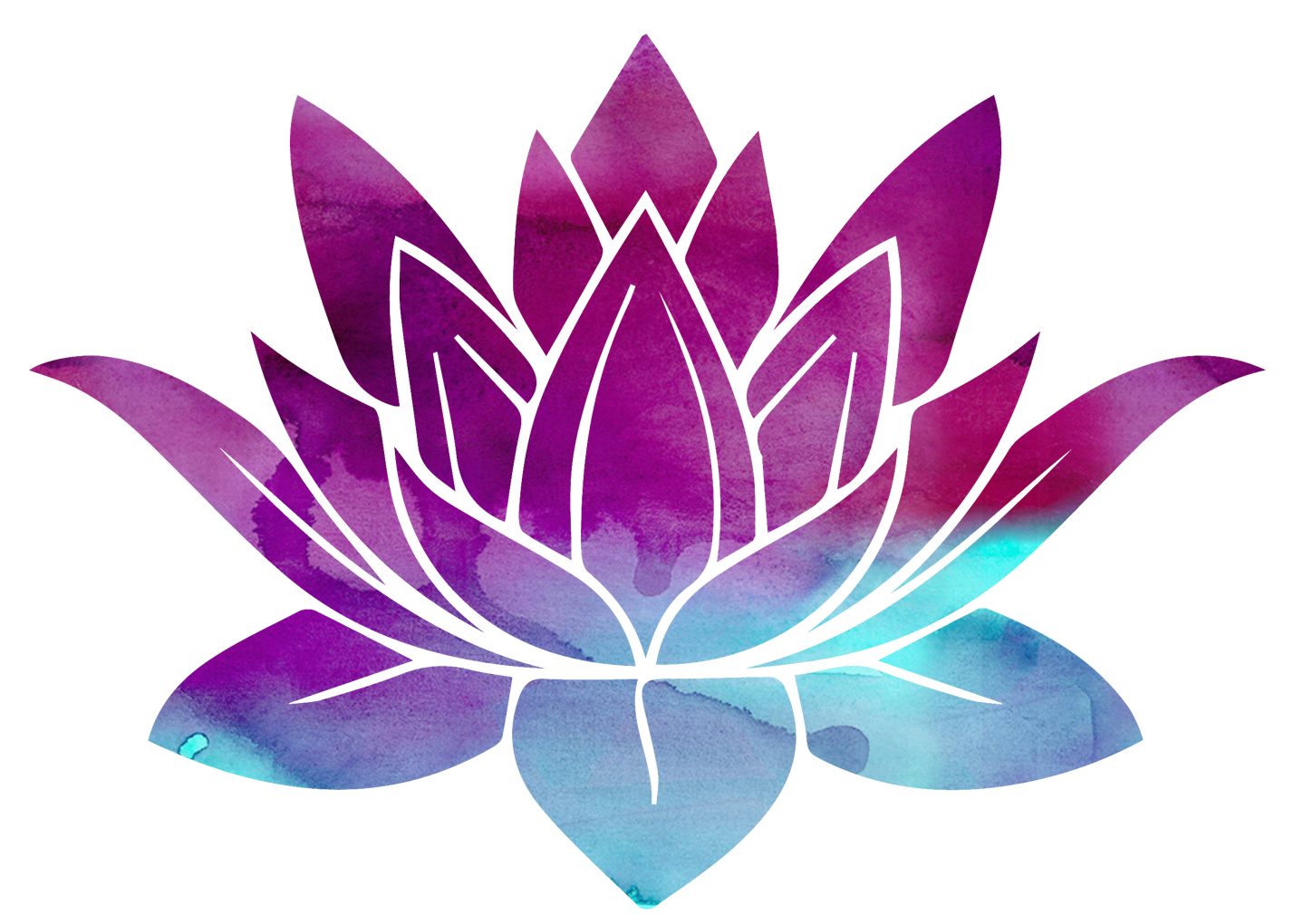
The Holistic Woman’s Guide to Managing Stress and Anxiety
Chronic stress has, unfortunately, become part and parcel of everyday living in the modern age. Some stressors, like heavy traffic, a busy schedule, and insomnia have become almost inescapable in everyday life. Others, like a move, divorce, or job change, are less common but much more impactful. Generally speaking, life is much more complicated and, by extension, more stressful than it was just a hundred years ago. Thus, finding the appropriate tools for managing stress and anxiety is imperative to your mental health.
Managing stress and anxiety is also critical to your physical health. Chronic stress can lead to elevated cortisol levels and inflammation, in turn damaging your metabolism and contributing to chronic fatigue. Relentless physical and emotional stress can even affect your DNA, accelerating cellular aging and increasing your risk of developing cancer. Not good!
Of course, establishing a healthy diet and lifestyle is critical to managing stress and anxiety. But, for those of us who could benefit from additional homeopathic support, I’ve provided a few examples of effective holistic remedies for stress. As always, always consult with your physician before trying any herbal remedies.
Kava
Kava is a tropical evergreen shrub and a member of the nightshade family that originally hails from the Polynesian islands. Arriving in Hawaii 1,400 years ago alongside Polynesian settlers, Kava became a celebratory and ceremonial drink amongst these Native Hawaiians. Today, kava remains an integral facet of Native Hawaiian tradition as a hallmark of peaceful and celebratory times.
The psychoactive components of the kava plant reside in its root. Known as kava-lactones, these psychoactive compounds work to increase available levels of GABA, an inhibitory neurotransmitter necessary for restoring the body to a parasympathetic state in the brain. It also reduces the reuptake of dopamine, thus activating the brain’s reward center. Some say kava induces the same kind of happiness and relaxation that alcohol does, but without the impaired judgment and coordination.
Kava is considered a sedative capable of promoting both euphoria and relaxation. As such, kava can be useful for both daytime and nighttime relaxation. It has also proven effective in relieving aches and pains and can be used as a muscle relaxer. You can consume kava either as an earthy beverage or as a tincture diluted in water. Some natural grocery stores even have chocolate bars that contain kava.
Lavender
You’re probably familiar with lavender, the small, light purple flower from which the color derives its name. The lavender plant is a beautiful perennial evergreen that will adorn your garden with beautiful sights and smells. But lavender is far more than a sensory indulgence. This potent medicinal plant functions as both a sedative and anxiolytic. It is thus a powerful tool for managing stress and anxiety.
Like kava, lavender works to reduce stress by increasing the availability of GABA in the brain. It can also relieve symptoms of depression, and studies show that it improves sleep, its efficacy rivaling that of powerful drugs like Ativan. Lavender not only relieves the psychological manifestations of anxiety; it also reverses the physiological symptoms, such as high blood pressure and heart rate. Finally, lavender possesses analgesic properties and is excellent for relieving mild aches and pains.
You can consume lavender in oral capsules or tinctures. Aromatherapy, too, is a great way to reap the benefits of lavender. Just put a few drops of lavender essential in your bath, on a pillow, or in a diffuser.
Keep in mind that lavender is also an endocrine disruptor, and excessive use can create imbalances in testosterone and estrogen. Be sure to consult with your physician before incorporating lavender into your supplement routine.
Valerian Root
Valerian root is a bitter, earthy medicinal herb hailing from Asia and Europe. The name derives from the Latin word “valere,” which means “to be strong.” Valerian root’s most popular function is to relieve insomnia and promote sound sleep. Known to many as “nature’s valium,” this plant medicine also relieves anxiety and benzodiazepine withdrawal.
Valerian root is yet another anxiolytic that works by increase levels of GABA in the brain. More specifically, valerenic acid, isovaleric acid, and several antioxidants in valerian root slow the breakdown of GABA in the brain, leaving more available to inhibit the physiological component of fight or flight symptoms.
Valerian root is excellent for managing stress and anxiety, but it can also provide powerful relief for insomnia and obsessive-compulsive disorder. Valerian root is available in a wide variety of forms, including capsules, essential oils, tinctures, tablets, and teas.

Recent Comments